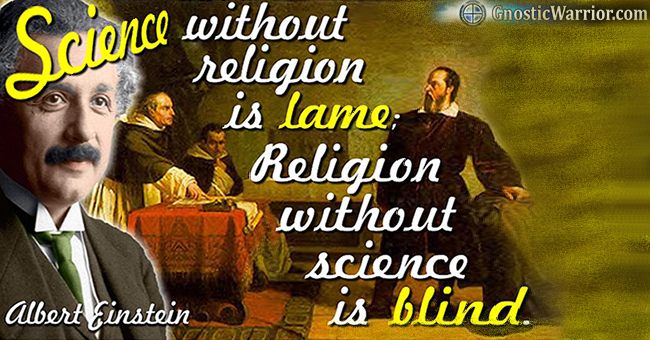Page 78
phie Positive, or in that parody on priesthood, in the form of a dialogue — The Catechism of the Religion of Positivism — any idea suggestive of even provisional remedies for such evils. His disciples suggest that the sublime doctrines of their prophet were not intended for the vulgar. Comparing the dogmas preached by Positivism with their practical exemplifications by its apostles, we must confess the possibility of some very achromatic doctrine being at the bottom of it. While the “high-priest” preaches that “woman must cease to be the female of the man”; while the theory of the positivist legislators on marriage and the family, chiefly consists in making the woman the “mere companion of man by ridding her of every maternal function”; and while they are preparing against the future a substitute for that function by applying “to the chaste woman” “a latent force,“ some of its lay priests openly preach polygamy, and others affirm that their doctrines are the quintessence of spiritual philosophy.
In the opinion of the Romish clergy, who labor under a chronic nightmare of the devil, Comte offers his “woman of the future” to the possession of the “incubi.” In the opinion of more prosaic persons, the Divinity of Positivism, must henceforth be regarded as a biped broodmare. Even Littre, made prudent restrictions while accepting the apostleship of this marvellous religion. This is what he wrote in 1859: “M. Comte not only thought that he found the principles, traced the outlines, and furnished the method, but that he had deduced the consequences and constructed the social and religious edifice of the future.
It is in this second division that we make our reservations, declaring, at the same time, that we accept as an inheritance, the whole of the first.
” Further, he says: “M. Comte, in a grand work entitled the System of the Positive Philosophy, established the basis of a philosophy [?] which must finally supplant every theology and the whole of metaphysics. Such a work necessarily contains a direct application to the government of societies; as it has nothing arbitrary in it [?] and as we find therein a real science [?], my adhesion to the principles involves my adhesion to the essential consequences.”
M. Littre has shown himself in the light of a true son of his prophet. Indeed the whole system of Comte appears to us to have been built on a play of words. When they say “Positivism,” read Nihilism; when you hear the word chastity, know that it means impudicity; and so on .
Being a religion based on a theory of negation, its adherents can hardly carry it out practically without saying white when meaning black!
“Positive Philosophy,” continues Littre, “does not accept atheism, for the atheist is not a really-emancipated mind, but is, in his own way, a theologian still; he gives his explanation about the essence of things; he knows how they began! . . . Atheism is Pantheism; this system is quite theological yet, and thus belongs to the ancient party.”
It really would be losing time to quote any more of these paradoxical dissertations. Comte attained to the apotheosis of absurdity and inconsistency when, after inventing his philosophy, he named it a “Religion.” And, as is usually the case, the disciples have surpassed the reformer — in absurdity. Supposititious philosophers, who shine in the American academies of Comte, like a lampyris noctiluca beside a planet, leave us in no doubt as to their belief, and contrast “that system of thought and life” elaborated by the French apostle with the “idiocy” of Spiritualism; of course to the advantage of the former.
“To destroy, you must replace”; exclaims the author of the Catechism of the Religion of Positivism, quoting Cassaudiere, by the way, without crediting him with the thought; and his disciples proceed to show by what sort of a loathsome system they are anxious to replace Christianity, Spiritualism, and even Science.
“Positivism,” perorates one of them, “is an integral doctrine. It rejects completely all forms of theological and metaphysical belief; all forms of supernaturalism, and thus — Spiritualism. The true positive spirit consists in substituting the study of the invariable laws of phenomena for that of their so-called causes, whether proximate or primary. On this ground it equally rejects atheism; for the atheist is at bottom a theologian,” he adds, plagiarizing sentences from Littre’s works: “the atheist does not reject the problems of theology, only the solution of these, and so he is illogical. We Positivists reject the problem in our turn on the ground that it is utterly inaccessible to the intellect, and we would only waste our strength in a vain search for first and final causes. As you see, Positivism gives a complete explanation [?] of the world, of man, his duty and destiny . . . . “!

Moe is the founder of GnosticWarrior.com. He is a father, husband, author, martial arts black belt, and an expert in Gnosticism, the occult, and esotericism.


![How a blind woman, praying in the burial-place of that monastery, was restored to her sight [675 A.D.?] | Book 4 | Chapter 10 How a blind woman, praying in the burial-place of that monastery, was restored to her sight [675 A.D.?] | Book 4 | Chapter 10](https://www.gnosticwarrior.com/wp-content/plugins/contextual-related-posts/default.png)



